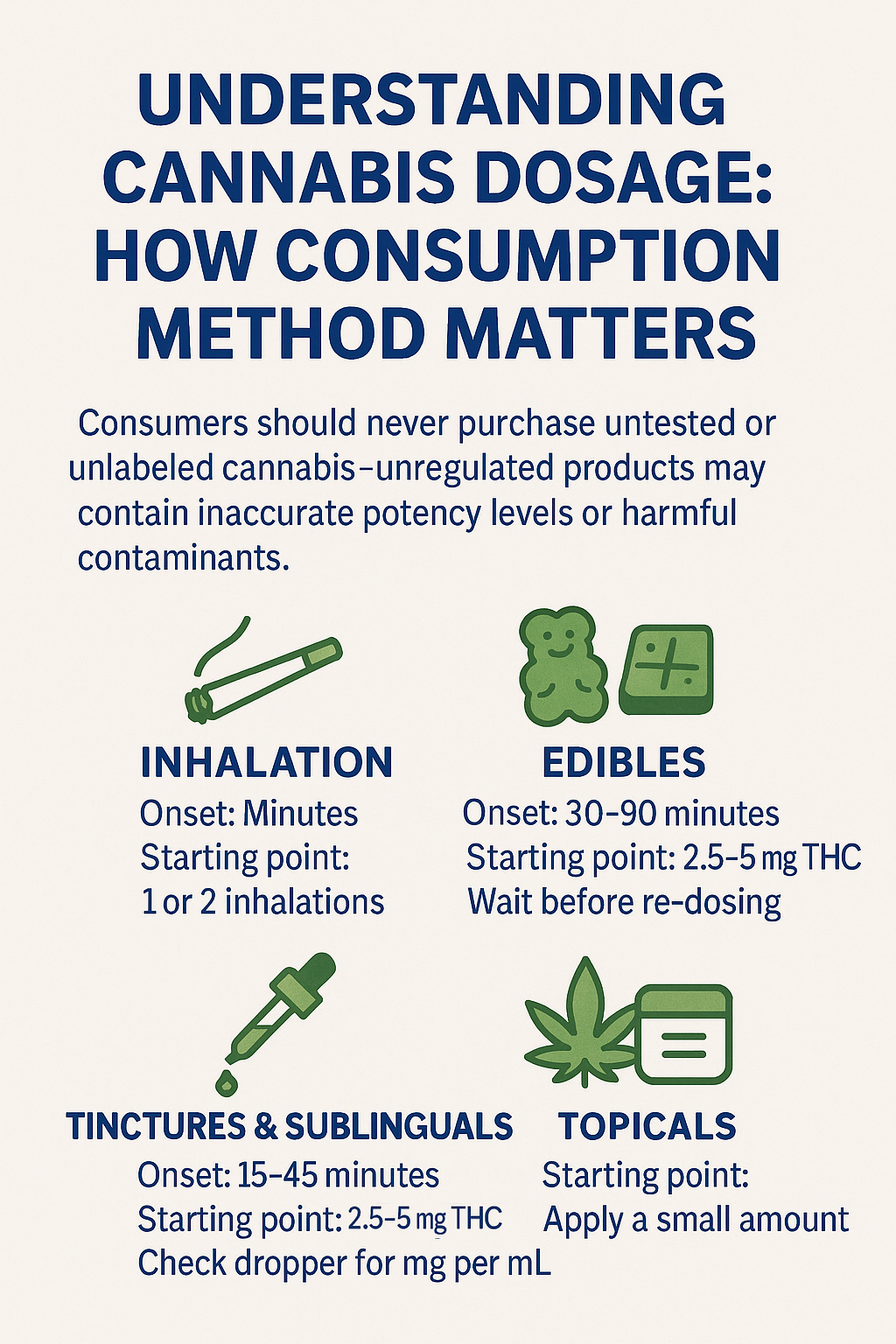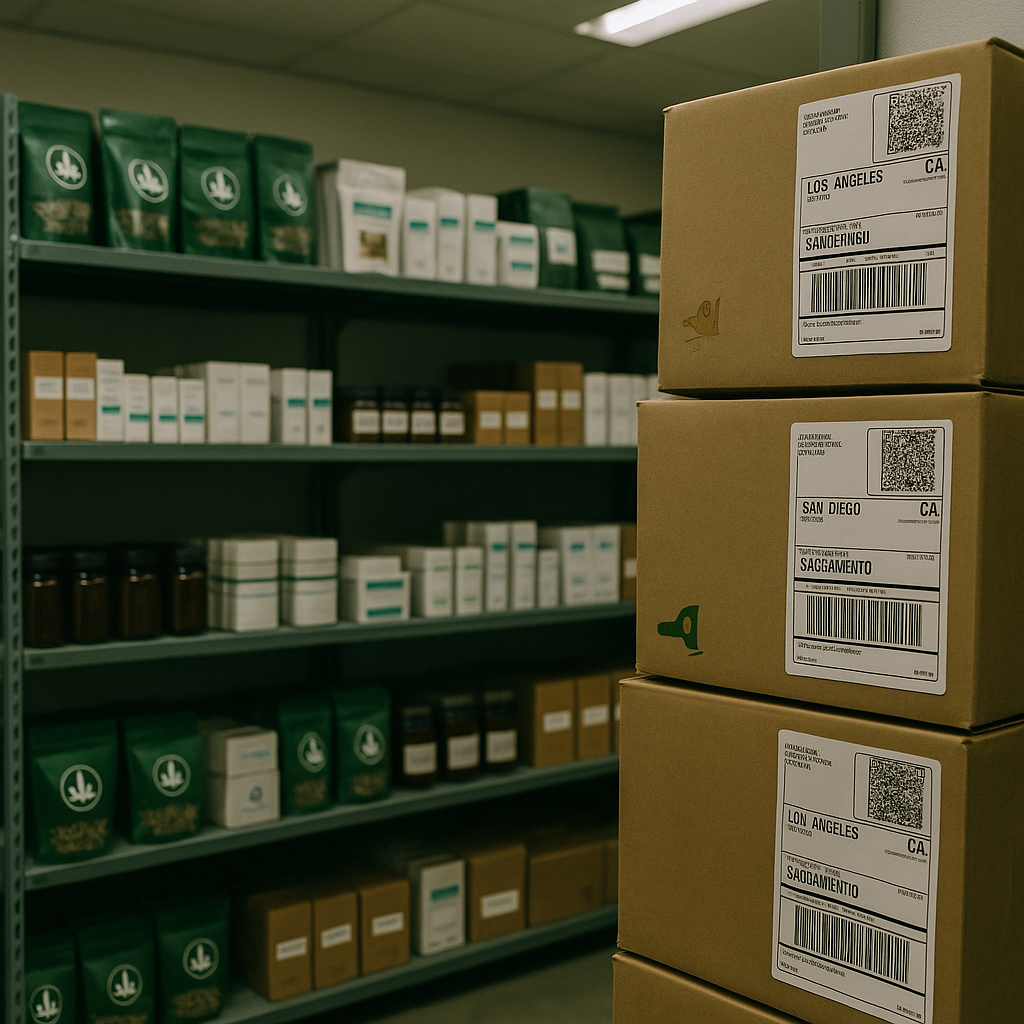The years-long advocacy effort to legalize cannabis in the United States has seen numerous activists fighting for people’s rights. These advocates have supported cannabis legalization to end prohibition policies that harm minority groups and stigmatize cannabis consumers. In recent years, education has become the cornerstone of cannabis advocacy, and Dasheeda Dawson has become one of the most successful activists promoting cannabis education.
Born and bred in New York, she moved to New Jersey, completing her undergraduate degree in molecular biology at Princeton University. Dawson has been a medical cannabis patient in Arizona for over a decade and officially entered the legal cannabis industry six years ago. She founded a lifestyle brand focused on cannabis education and empowerment for entrepreneurs and consumers, The WeedHead & Company, in 2016. Her experience working as a consultant with several corporate firms drove her to publish the book How to Succeed in the Cannabis Industry. Dawson also co-hosts She Blaze, an award-winning weekly cannabis news and culture podcast.
Her experience and knowledge of the cannabis industry brought her to serve as chair of the Cannabis Regulators of Color Coalition (CRCC), co-founder and chief strategist for the Cannabis Health Equity Movement (CHEM), and co-founder of the Cannabis Education Advocacy Symposium & Expo. She also works as the Cannabis Program supervisor for Portland, Oregon.
She told NYSCC that she spent her first years as a cannabis advocate working to ensure people properly understood cannabis, as there was much misinformation running rampant. “There was little talk about diversity and social justice in the industry,” she said. However, she explained that the COVID-19 pandemic and the murder of George Floyd shifted the government’s perspective on social equity. “We have seen some improvements, but there is still a lot of work to be done,” she said.
“Cannabis is still considered in certain communities. In the US, many black and brown people don’t use much cannabis as a medicine because of the fear of the stigma. Also, we don’t have a lot of health professionals well trained on the endocannabinoid system, and some medical associations don’t recognize the potential of cannabis in medicine,” she said.
Cannabis can change people’s life. For Dawson, it was a tremendous change. “I know I am privileged to move to a state (Arizona) where I could become a medical cannabis patient, and it changed the way I have been able to live and be productive,” she said. Furthermore, her vast knowledge of cannabis helped her start a career in the industry and position herself as one of the foremost experts in cannabis education.
When asked about the major obstacles that women and members of minority groups face today when entering the cannabis industry, Dawson told NYSCC that it is questioning the ability to be a mother and a medical cannabis patient at the same time. People of color also suffer from the cannabis stigma when they travel, as she explained that for a black woman, smelling like cannabis while traveling is still a matter of concern for many.
However, Dawson thinks that the legalization of recreational cannabis in New York will achieve its diversity goals.
“Now it is all about regulations. I am looking forward to seeing more work from the Office of Cannabis Management (OCM). They are [trying] to improve the medical card program. Chris (Christopher Alexander, executive director of OCM) knows the spirit in which the MRTA (Marihuana Regulation and Taxation Act) was written. I think he is still the best person to execute the law in the state. The supply chain needs people of color to run it, and we will see diversity in there,” she said.
Dawson thinks that legal cannabis states need to stop overregulating too much to allow the underground market operators to transition smoothly from the underground to the legal market.
“I hope regulations in New York won’t be cost-prohibitive and compliance-prohibitive. The medical market is overregulated. I hope to see some conduits that can create a call to action specifically for people from the legacy market. I am not talking about people who have started gifting cannabis, but those still operating in the underground market. We have to explain to them why going legal is important. Education is going to be the key here,” she said.
Dawson also explained that if we look at the history of other legalization efforts—for instance, in the alcohol and liquor industry—people who started participating at the beginning of the industry had the opportunity to succeed in the long run. “So, why pass [up] that opportunity?” she said.

NYS Cannabis Connect Staff
All of the recent cannabis news and resources, all in one place.




Related News
Re-introducing the NYS Cannabis Connect Forum:
Nov 30, 2025
What Does Your Brand Offer to Cannabis Consumers?
May 12, 2025
Sparking Growth. Cultivating Change.
May 02, 2025